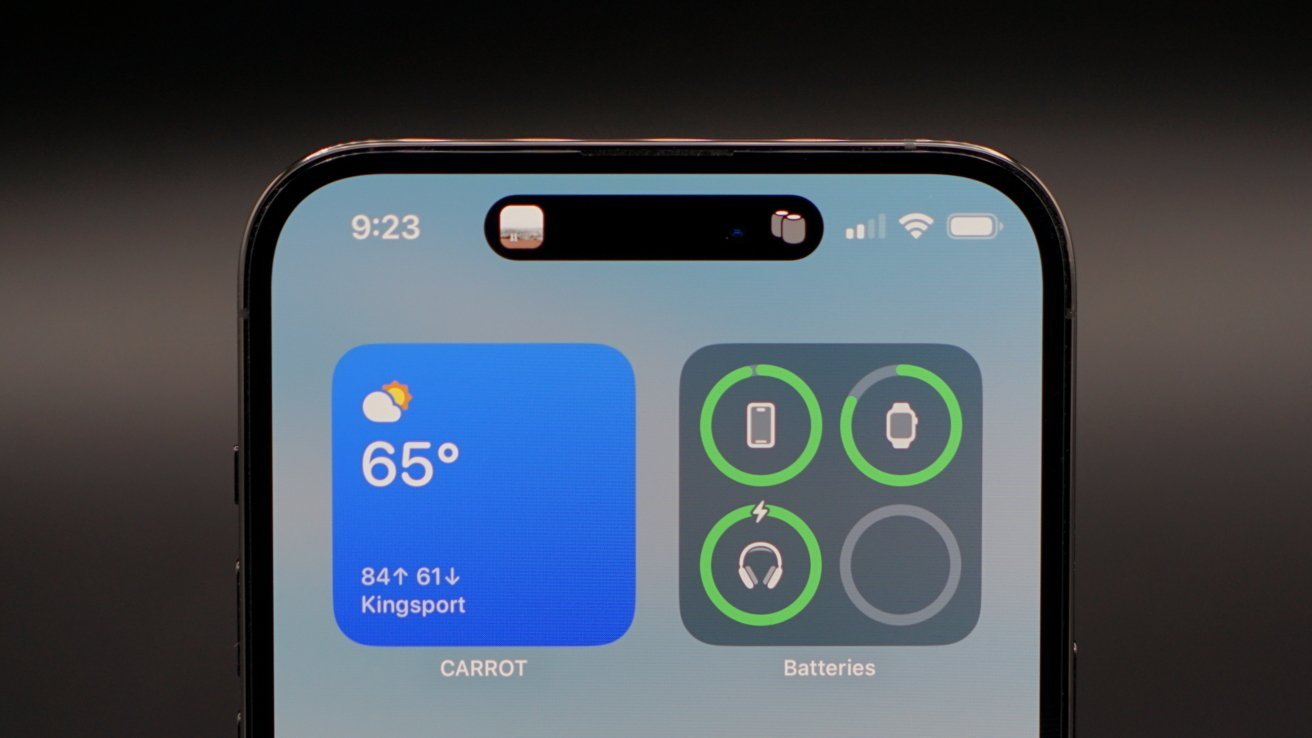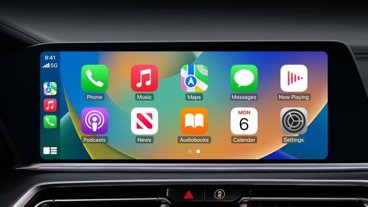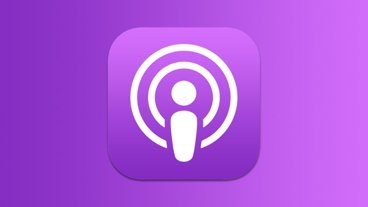Apple won't be introducing many features in iOS 17, a report claims, but it will be putting in elements to enable the side-loading of apps.
June's WWDC will feature Apple's annual updates to its main operating systems, with iOS changes being the most-watched of them all. However, for 2023's developer event, it seems that iOS 17's changes will lean more towards regulatory compliance than brand new features.
According to Mark Gurman in the Bloomberg "Power On" newsletter on Sunday, Apple will introduce iOS 17 alongside iPadOS 17, macOS 14, and a major watchOS 10 update.
In the case of iOS and iPadOS, they "aren't likely to offer major new features." But, they will apparently "satisfy a checklist of user requests with more minor improvements."
Of the changes that will be on the way, Gurman says Apple will be making "more noise beyond WWDC itself" by working to overhaul iOS to enable sideloading.
Apple was previously reported in December as preparing itself for European Union law changes that come into force in 2024. The Digital Markets Act will force Apple to allow third-party app stores to exist on the iPhone and iPad, and Apple is reportedly getting ready to comply with those rules.
Side-loading refers to being able to install apps onto a device by other means than features like the App Store. Instead, apps could be transferred over from a connected computer, downloaded from the Internet and installed separately, or acquired from a third-party app store.
While Apple is seemingly complying, it is also likely that the company will continue to resist the requirement until the last moment. Apple has frequently declared alternative app stores and jailbreaking to be a security threat for users, a view it is unlikely to change from in the meantime.
Of the other operating systems, iPadOS 17 will apparently "lay the groundwork" for inbound iPad Pro models using OLED displays, while watchOS 10's operating system update will be a big focus and possibly reveal minimal hardware updates are on the way. .
 Malcolm Owen
Malcolm Owen







-m.jpg)






 Charles Martin
Charles Martin
 Marko Zivkovic
Marko Zivkovic
 Andrew Orr
Andrew Orr
 Amber Neely
Amber Neely

 William Gallagher and Mike Wuerthele
William Gallagher and Mike Wuerthele










41 Comments
Are they a significant threat to security?
Yes, without question.
Will they be forced through?
Yes, without question.
Will Apple be blamed for the resulting system damage, data loss, ransomeware attacks, and other problems?
Yes, without question.
Need to get lawyers ready for the first attacks on iOS once side-loading is a feature. Instead of going after the perpetrator they need to go after the countries who demanded side-loading. Those countries are the actual perps. In addition, side-loading must be defaulted to being turned off without any possible way of hacking that setting. There also needs to be constant monitoring of the setting, shutting off all external access until the user can determine what's going on. In addition, Apple needs to include its own monitoring software
spywareto log and report every user who has side-loading turned on and the apps that are installed. This needs to be fed to a global database owned by Apple so they have all the information on where attacks come from so Apple can countersue any country and individual who loads malware onto an iOS device and triggers it.To those countries who are legislating a back door into Apple products, get ready for lawsuits the first time an Apple device is attacked.
This is going to be an unmitigated security disaster brought to you by hand-wringing do-nothing self-important politicians egged on by useless "regulate Apple because they don't do things the way I think the should" Android lusers.
Nobody who uses the iPhone wants this. All the whining is coming from people who claim Apple "doesn't allow choice", yet were somehow able to choose a competing platform.
Hopefully this means not so much side loading standalone apps, but there are uses cases on iPad and Mac where allowing apps to certify (and be held accountable) the output of their own compliers and scripting language support would open up the range of apps on iPad and by extension Mac Catalyst.
That would be a good thing that is over-due.